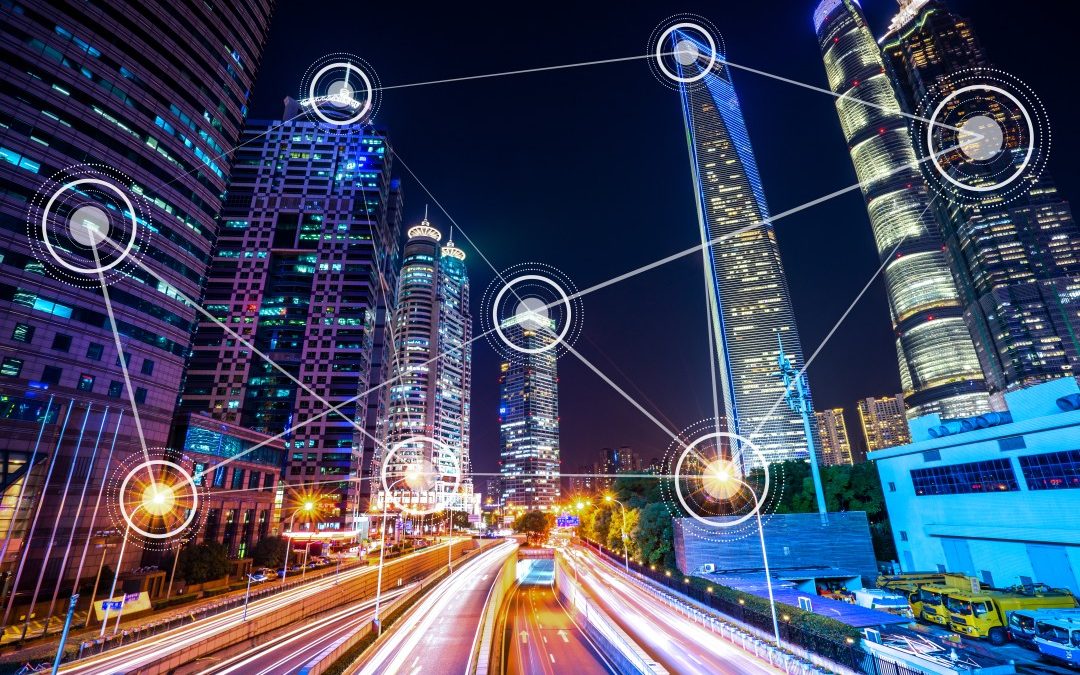The long-term impacts of coronavirus on our cities are difficult to predict but history teaches us that adversity has been hugely influential in shaping our cities. Our cities will inevitably endure, adapt, and grow. However, it is our critical thinking and the subsequent action steps that we take to accommodate pandemic type fears, that will impact most on the future of urban design.
2020 has been the year of challenges and crisis. More so, the year of incredible opportunities. As global citizens, we have been forced to stop and reflect. Re-set our priorities. Rewrite our plan. This wake-up call of the “Great Pause” has pushed us all beyond our comfort zones.
Just a few months in we have seen a plethora of brilliant examples where individuals, corporates, and governments globally, responded with agile pivots and innovation. The result – collectively, more efficiently and appropriately, utilizing our existing physical resources.
For example:
- Tesla who rapidly modified tooling machines to produce respirators,
- fashion houses that pivoted to produce surgical masks, and
- traditional gin distillers who adeptly produced highly sought-after hand sanitizer.
So what is the new version of our world that we all want to return to?
Now is the opportune time for us to reassess our existing models in design, infrastructure, operations, processes, and most importantly, our mindset of the past.
Governments, policymakers and urban planners need to navigate the balance of ensuring our citizens’ health and safety while simultaneously stimulating economies and getting back to business. [Source]
And central to this is the planning and design of sustainable and smarter cities. Best urban planning practice demand novel ways to connect with each other – our communities, urban centres, and nature. Sustainable, smart cities.
Globally, governments are on board, committed to actively investing in delivering better designed public spaces, which also facilitate social distancing.
Immediate practical examples to adapt streetscape around the world include:
- removing vehicle lanes and car parks to provide increased space to walkers and cyclists. (Sydney, New York, Paris, London and Melbourne)
- Banning vehicles from some roads to enable cafes to operate alfresco to facilitate trade (Boston, Vilnius) [Source]
The key is accurate, real-time data. By having instant access to what is happening, we are able to digest, assess, and re-evaluate whether the change is achieving the desired outcome, very quickly. Access to this type of data enables us to unlock how we monitor outcomes and best allocate our limited resources in cities. Going forward, I believe that the answer lies in sharing our existing resources more effectively.
So right on the heels of this time of reflection from “The Great Pause”, the opportunity is here for public and private partnerships to implement a wealth of imaginative ideas facilitated by data sharing, to shift our patterns of behaviour.
Smart cities, by sharing data, will enable stakeholders to work out how to best achieve this.
So how does this all play out with parking?
Parking has long been a pressing pain-point in urban centres. Provide enough parking for residents, but don’t overdevelop. Reduce traffic congestion and environmental impact, but also provide transport mobility. And on top of that now, socially distance.
The use of data in parking makes our cities smarter – enabling us to aggregate fragmented parking information into a seamless real-time platform. The goal – to enhance city liveability and sustainability by more efficiently using existing parking resources. Parking spaces sit unused so often, so let’s allocate their utilisation more efficiently. As part of a circular economy. And in so doing, improve the sustainability of our planet.
And herein lies the future challenge for our cities – behavioural change via the sharing of data to enhance the liveability of our cities. To be safe, secure and sustainable.
Audrey Tang, Digital Minister of Taiwan wrote this poignant poem modelling how we can humanize data and adopt a collaborative thinking model – relevant to our communities to assist in solving global problems.
When we see “internet of things”, let’s make it an internet of beings
When we see “virtual reality”, let’s make it a shared reality
When we see “machine learning”, let’s make it collaborative learning.
When we see “user experience”, let’s make it about human experience
When we hear “the singularity is near”, let us remember, the plurality is here
Angelique Mentis is CEO and Founder of https://parkingspotz.com/, smart parking and smart cities start-up . Simply Parking‘s goal is to make our cities better places to live and improve the sustainability of our planet. Angelique and her team at Simply Parking are committed to changing the status quo, one small step at a time. Contact Angelique e: angelique@simplyparking.net






Recent Comments